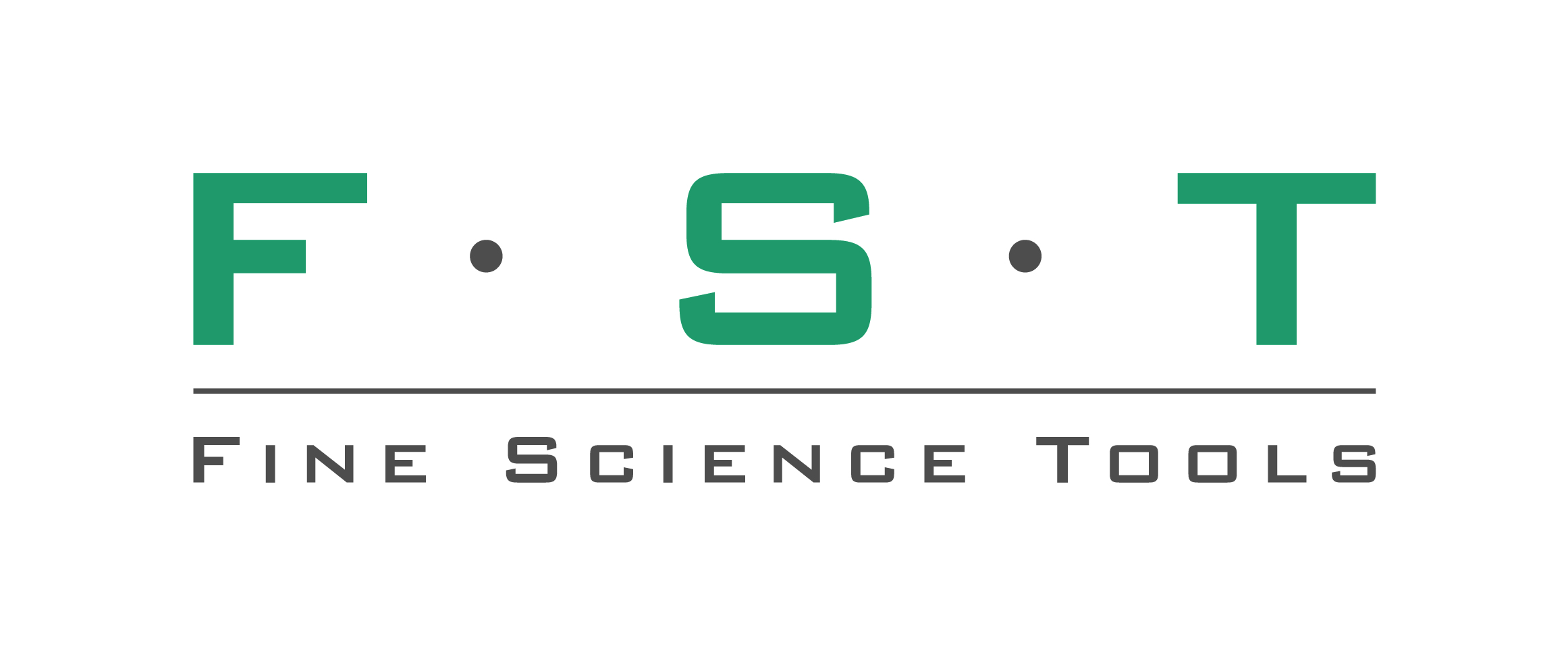People
-

Stacey Sukoff Rizzo, Ph.D.
Associate Professor, University of Pittsburgh School of Medicine; Director PITT Preclinical Phenotyping Core; Co-Head MODEL-AD Preclinical Testing Core
-

Paul Territo, Ph.D.
Associate Professor of Radiology, HEAD MODEL-AD Preclinical Testing Core
Indiana University
-

Michael Sasner, Ph.D.
Senior Research Scientist
The Jackson Laboratory



